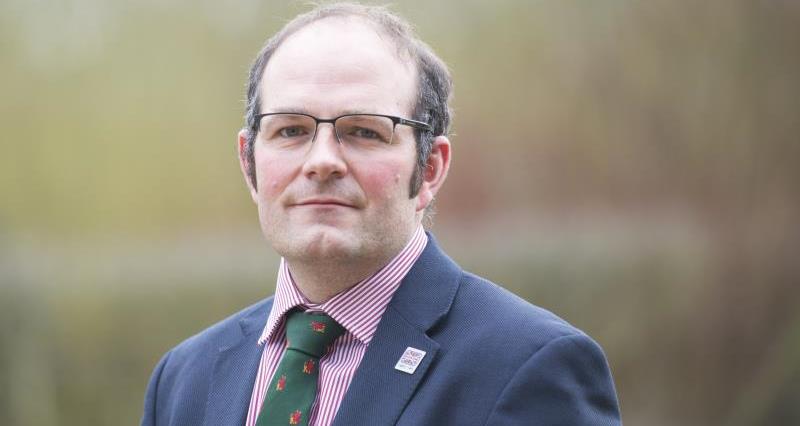The key parts of any fully integrated management system are the building blocks which are integral to a balanced system. If you remove one of these foundation stones, then the whole thing will come tumbling down. Unfortunately, this is the position that we currently find ourselves in with the balance of the combinable crop rotation. In the main arable areas oilseed rape has been a cornerstone of the rotation but now, primarily due to decisions made by our politicians, the crop has become incredibly risky. Obviously, the key decision I am referring to is the removal of neonicotinoid seed treatments which for over a decade has protected the crop from the attack of cabbage stem flea beetle. Since the removal of these seed treatments the pest has become endemic and the challenge of growing the crop profitably ranges from difficult to impossible.
If the price of OSR had risen since the ban to reflect the uncertainty and the risk then I think you would find many farmers, including those who have now stopped, continuing to grow the crop. The problem is that the decision made within the EU and supported by our own government hasn’t and can’t be enforced on the products we are importing. Therefore, instead of the crop price becoming more enticing and a good crop becoming more lucrative, the price of the crop has remained static at best. This is because we simply import material grown in Canada, Australia or Ukraine that has been treated with the exact products that are banned in the EU. This is beyond hypocrisy and makes my blood boil.
I then move on to another part of the rotation: the legumes. Now these crops are fantastic for pollinators and for soil fertility they are like a good old dose of muck – rocket fuel. They really keep the whole rotation ticking and should be a key cornerstone. Unfortunately we have hypocrisy at play here as well because as a country we are highly reliant on imported proteins, primarily soya, that are grown using neonicotinoids (banned in the UK), are likely to be genetically modified (banned in the UK) will have been sprayed off with reglone or paraquat (both banned in the UK). Yet they are allowed to compete for our market place and cap the price of home grown proteins – proteins that are becoming incredibly difficult to grow because we have lost the use of reglone which enables a timely and dry harvest.
The knock on of these impacts due to the decision made by politicians is that the area of flowering crops grown in the UK is dramatically reducing. This comes at a time when we are hearing headlines like ‘Insect Armageddon’ and ‘Species Extinction’ and when we desperately need to grow crops that can provide pollinator services. Now the solution could be relatively simple, but it involves joined up thinking from environmental NGO’s, government and farmers to make sure that we are able to successfully grow pollinator crops which provide for our bugs and beasties.
Clearly the problems we are facing now are primarily the result of policy decisions and it is time for policy to provide the solution and encourage pollinator crops. I would be happy to see a restriction on these crops that no insecticides could be used at flowering to make sure we encourage as many of the friends as possible. The win for government is that if they can come up with a scheme which supplements the income from a commercial crop then this is lower cost and much better value for the tax payer than paying to take the land out of production for a whole year in a wild flower mix that can’t provide anything other than pollinator services. The win for farmers is that we will have a balanced rotation and the win for the environment is a much greater area of flowering crops. This really would be a win, win, win!
Read more:
Cereals 2019: what you can expect from the NFU
